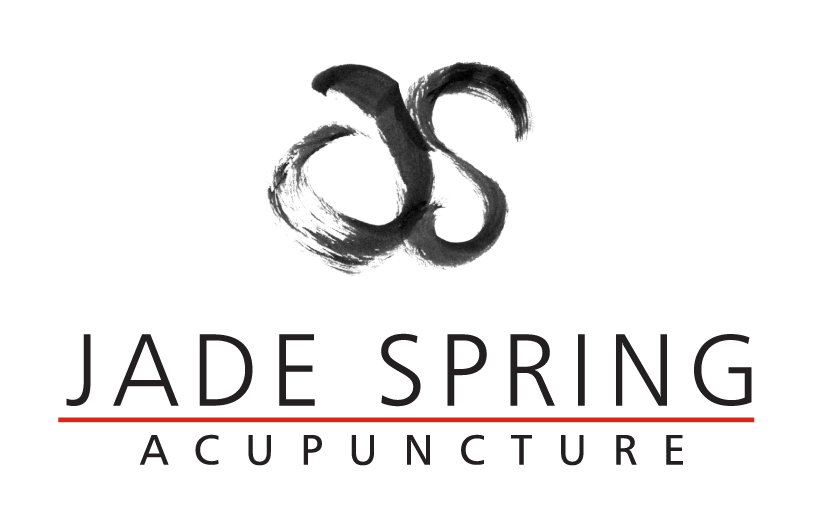Working with Aromatherapy, Part I: Oils for Regulating Qi Flow
I just came across a wonderful article by Peter Holmes, L.Ac., creator of the Snow Lotus Essential Oils line, in which he talks about the use of various fragrant oils to help regulate the flow of Qi.
One of the fundamental concepts of Chinese Medicine is that the the smooth and free flow of Qi to all organs, glands, muscles and nerves of the body is the foundation of health. When this flow becomes stagnant or deficient in certain areas, our body isn't able to function at its most optimal and eventually symptoms and disease show up.
When receiving acupuncture, the strategic and careful placement of needles at specific points allows us to regulate the flow of that Qi. When we take Chinese herbs, we also affect the flow of Qi, though in a more indirect way, because herbs first need to be digested and absorbed. In that sense herbs have a stronger effect on our physiology and we affect Qi by stimulating the body to build good Qi, blood and fluids.
When we use essential oils we can affect Qi in a very direct way by applying them to the skin, thereby activating Qi flow through the acupuncture channels (or meridians). Because essential oils are not ingested, but applied topically or inhaled, they don't have to be processed through the digestive system, and will act more directly and quickly. They have a profound effect on both the physical body as well as the mind, and can be used to address the affects of Qi stagnation on both a physiological and psychological level. The physical symptoms of Qi stagnation include pain, bloating, distension, difficulty sleeping in some cases, and tension in general, whereas the emotional symptoms include feelings of stress, agitation, overwhelm and irritability. When noticing these symptoms, a little bit of essential oil can be applied directly on the problem area*, rubbed into acupuncture points, or inhaled, and can bring a great deal of relief.
Below is a list of a few popular essential oils that are particularly helpful in moving stagnation:
Sweet Orange - a mild oil that is safe to use on children as well as very sensitive individuals.
Bergamot - a medium strength oil that has a soothing effect on almost any type of Qi stagnation and is particularly useful in cases of mood swings.
Peppermint- can relieve irritability, mood swings, frustration and emotional behavior, as well as being helpful in treating colds and flu. Additionally, it is helpful for overcoming digestive stagnation and for treating the gallbladder.
Lavender - this is an excellent choice for both moving Qi in a physical and emotional sense. It has a very calming affect on the mind and can be used where Qi stagnation affects the lower abdomen causing amenorrhea or late and painful periods.
Lemongrass - can help regulate irritability and anger, and has a cooling affect where stagnation has generated heat.
Spearmint - particularly helpful where Qi stagnation affects the digestive system, leading to bloating and fullness in the stomach.
Ginger - can be used for nausea and other problems of the digestive system as well as menstrual conditions.
Rosemary - another oil that can alleviate menstrual symptoms, but also helpful for sore achy cold joints, muscle tension and stiffness.
All of these essential oils can be powerful allies in keeping yourself healthy and balanced, and can be very helpful in sustaining the effects of an acupuncture session. Stay posted for another entry in which I will explain which acupressure points you can use to alleviate specific ailments.
* A note about the safe application of essential oils: these highly concentrated and potent oils can sometimes irritate sensitive skin, and it is advised to add a few drops of the essential oil you want to work with into a "carrier oil" and apply that mixture to the skin. Carrier oils include grapeseed oil, jojoba oil, almond oil, olive oil etc. When inhaling oils, you may wish to burn them in a diffuser, in which case it is helpful to add a little water with the oils before lighting the diffuser.



